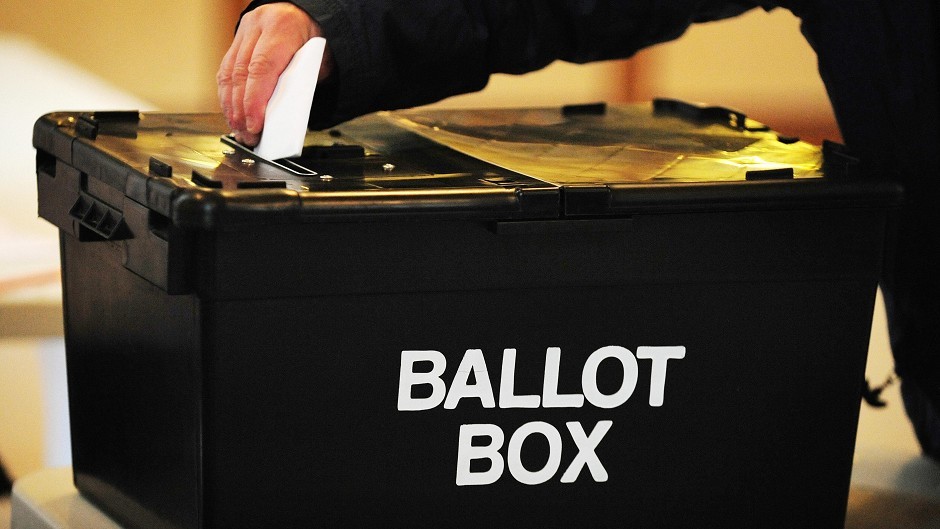‘A Brexit year must be the equivalent of seven normal years’, an exhausted MP quipped over coffee yesterday. I think the comment speaks for a nation.
Two prime ministers, two parliamentary sessions, Supreme Court challenges, two Brexit deals and now an election to boot, 2019 has been relentless for the public and parliamentarians.
The thought of going to the polls in December, for the first time in 96 years, may send a shiver down the spines of canvassers and voters, but it is hard to see a route out of the current deadlock without an election.
As we miss another Brexit deadline today and journey headlong into festive party political broadcasts, TV debates and picture opportunities it is perhaps worth reflecting on how we ended up here and where we’re going next.
Cast your mind back to spring 2017. Theresa May was riding high in the polls, the former home secretary appeared invincible and was projected to double the majority David Cameron won just under two years earlier, leaving Jeremy Corbyn in the dust. Sound familiar, Mr Johnson?
If Mrs May had not come unstuck on the disastrous campaign trail that was to follow and those polling numbers were converted into actual Westminster seats, it would hardly be controversial to suggest the last two years would have been somewhat more straightforward.
Not reliant on the DUP for crucial votes, her withdrawal agreement would likely have been approved at the back end of 2017 and the UK in all probability would have been out of the European Union and in the transition period right now.
It’s one of many ‘what if’s’ that has come to characterise Brexit, but a significant one. The last two years can trace their roots back to that election, ever since, the arithmetic has not been in Parliament for anything – as demonstrated in March when MPs failed to reach a majority on any path forward from Brexit in a round of indicative votes.
A shakeup of the parliamentary numbers is a must therefore and the general public would seem to agree – with the results from a YouGov poll published this week indicating that half of the country backed a December election to break the deadlock.
Looking at the forthcoming campaigns, it is clear to see from the rhetoric of the last month that the prime minister will want to tap into that public apathy and anger over Brexit.
The Tories will promise to “get Brexit done” and will fight a “people v Parliament election”, arguing that MPs have done everything they can to frustrate the UK’s departure.
Boris Johnson will insist he has delivered a good Brexit deal while the Labour leader, in a line that has been rehearsed several times by Tory spin doctors in recent weeks, “wants two referendums — a second vote on Brexit and another independence referendum in Scotland”.
Mr Johnson will be relying on Brexit to win Leave seats that are currently held by Labour in England and is hoping that his simple messaging on Brexit, law and order and the NHS will cut through.
Labour are likely to resurrect the successful “for the many not the few” mantra of 2017 and will try to cast Mr Johnson, much like they have in recent weeks, as the handmaiden of a “Trump-deal Brexit”.
Labour MPs, 100 of whom voted against the party whip and rejected an early election this week, are gloomy at the prospect, but after the experience of 2017 and the unexpected bounce Mr Corbyn received many are quietly optimistic about how the party will actually fare.
The Lib Dems on the other hand are riding high in the polls and leader Jo Swinson now regularly claims that she can be the next prime minister.
The party have sought to pitch themselves as the ultimate anti-Brexit party by promising to unilaterally cancel the entire process. The move has led to accusations the Lib Dems are no longer democratic, but in a polarised politics they are likely to sweep up a number of remain voters.
Turning to the SNP, the party have been one of the more unified political forces in British politics over the last two years. They too will be hammering home the benefits of remaining in the EU along with lines rehearsed by Westminster leader Ian Blackford in the Commons yesterday, that a vote for the SNP is a vote for “an escape route for Scotland”.
The party are certainly projected to do well, but as one disgruntled SNP MP pointed out to me this week, if Mr Johnson wins a majority in the UK Parliament the SNP surge becomes “irrelevant” as the prime minister has the power to refuse a second independence referendum request. Quite what the “escape route” will then mean remains unclear.
So, if Mr Johnson wins in December expect the UK to leave the EU in January, if Labour wins there will be a second Brexit referendum next year and if the Lib Dems dramatically take a majority, the entire process will be cancelled. In Scotland a majority for the SNP, similar to that of 2015, will make calls for indyref2 deafening. As elections go, 2019 will be one of the more seismic in determining the future of the UK.
Dan O’Donoghue is the Press and Journal’s political correspondent at Westminster
